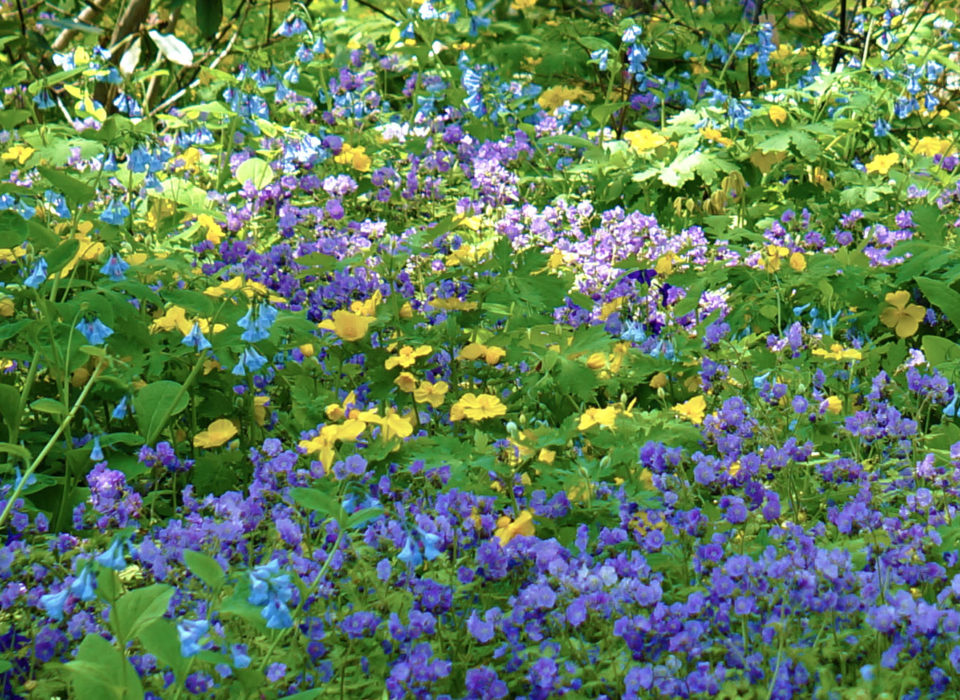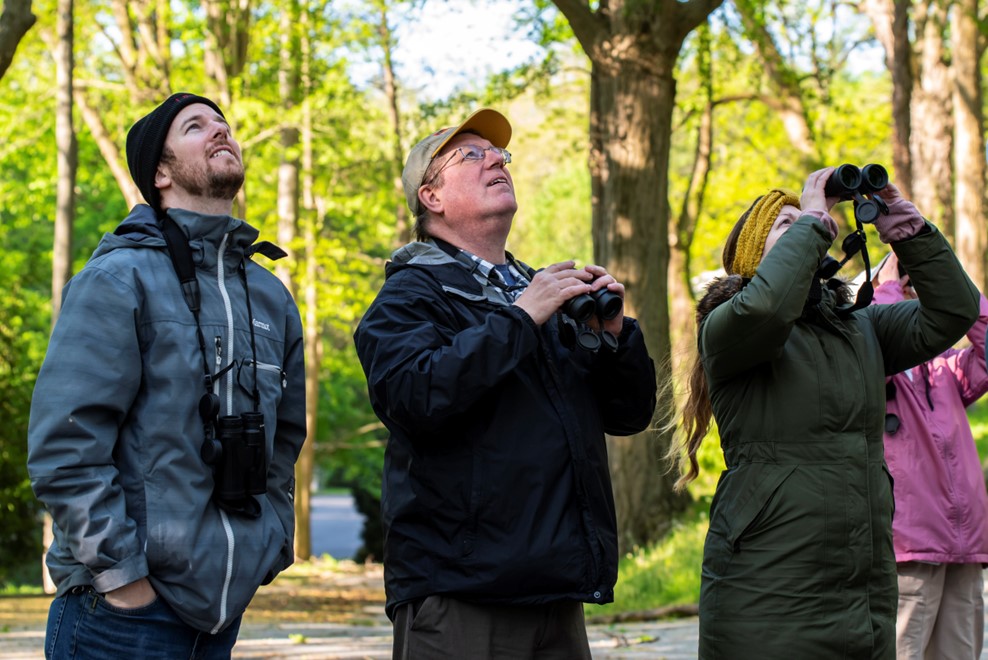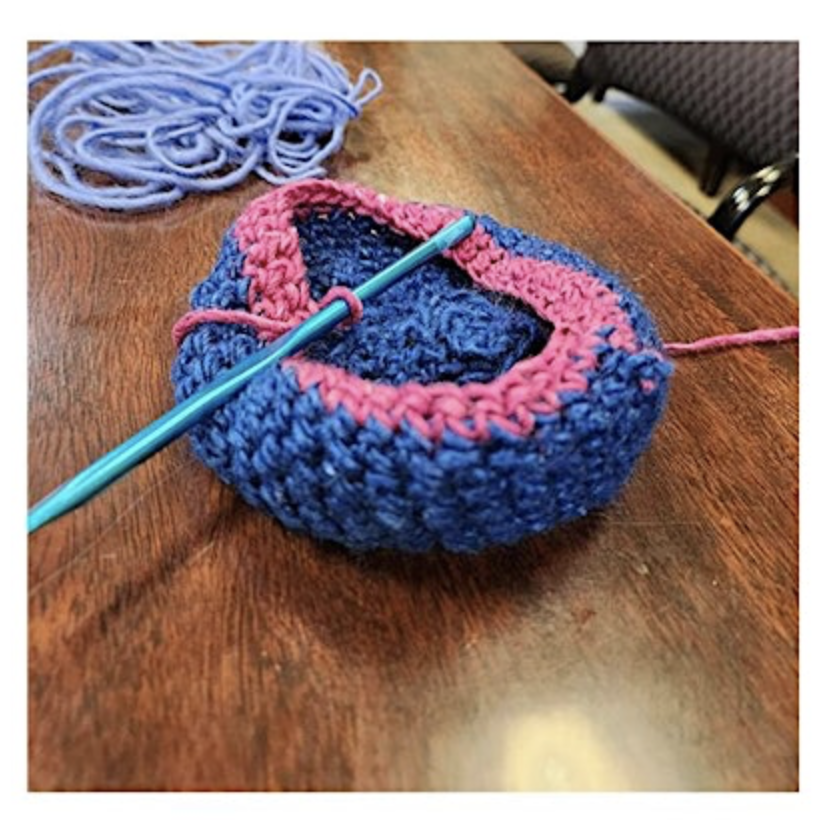Please be sure to check the event organizer’s website for any last-minute changes or cancellations prior to attending.
Have an event that will fit well on our calendar?

- This event has passed.
The Secret Lives of Spring Wildflowers: Section A

Skunk cabbage, bloodroot, and trout lilies are among the first signs of spring and warmer weather ahead. Spring ephemerals and wildflowers must complete part of their life cycle before the tree canopy leafs out, reducing light levels at the forest floor. These plants face many challenges including unpredictable weather and pollinator availability. Spring wildflowers have special adaptations to overcome these challenges, and intricate relationships with pollinators and seed dispersers. Learn more about these wildflowers, their life histories, and plant-insect interactions, and look for them during a guided walk in the gardens.
This program takes place in person at Mt. Cuba Center on Thursday, April 25, 2024 (Rain Date: Friday, April 26).
About the Instructor:
Ellen Lake, PhD, is the Director of Conservation and Research at Mt. Cuba Center. She taught environmental education and was the Education Director at the Brandywine and Red Clay Valley Associations. Ellen has a master’s degree in Entomology and Ph.D. in Entomology and Wildlife Ecology from the University of Delaware, where she researched biological control of mile-a-minute weed and how to integrate weed management techniques to restore plant communities. Ellen has extensive experience researching insect-plant interactions, including work for the USDA in the Greater Everglades ecosystem.
Details
- Date: April 25, 2024
-
Time:
1:00 pm
- Cost: $29
- Event Categories: Classes and Workshops, Hands-On Science, Native Plants
- Website: https://mtcubacenter.org/event/the-secret-lives-of-spring-wildflowers-section-a/
Organizer
- Mt. Cuba Center
- Phone 13022394244
- Email info@mtcubacenter.org
- View Organizer Website
Venue
- Mt. Cuba Center
-
3120 Barley Mill Rd.
Hockessin, DE 19707 United States + Google Map - Phone 13022394244
- View Venue Website




